You are not in the flesh;
on the contrary, you are in the spirit…
Saint Paul’s letter to the Romans is really a masterpiece of Christian doctrine and discipleship. If you haven’t read it in a while, or ever, I think it’s good summer reading. That reading will give you a vast array of tools to grow in your faith and discipleship during the rest of this liturgical year and the one to come.
Today’s second reading takes a portion of this letter to consider the idea of what the Holy Spirit does in our lives. I think we Catholics don’t often think enough about the Holy Spirit. Receiving the gift of the Holy Spirit when we receive the sacrament of Confirmation, we have mighty power, and that power, sadly, remains untapped in many of us. The saints are people who have lived according to the Holy Spirit’s power in their lives, and chief among them, of course, is the Blessed Virgin Mary, who was so filled with the Holy Spirit that she was able to lay down her own life to give birth to Our Savior, and to become the queen of apostles. Saints are people who are definitely in heaven, and they get there, friends, not on their own merits, but by relying on and living with the Holy Spirit.
Saint Paul is really clear today: we are not in the flesh, we are in the spirit. So we cannot live stuck in our fleshly existence. He goes on to say, “For if you live according to the flesh, you will die, but if by the Spirit you put to death the deeds of the body, you will live.” And the life he’s talking about, friends, is the great gift of eternal life for which we were all created. But the thing about that is that we sometimes think, well, I can live by the flesh now, because that eternal life thing is far off in the future. Not so fast. The Kingdom of Heaven is at hand, now, as our Lord tells us over and over in the Gospels. So if we want life in the kingdom, life forever, eternal life, we have to start living it now, living by the Spirit now. There is no other way.
So, as Saint Paul tells us, we have to put to death the deeds of the body, the works of the flesh. So this, dear friends, is a call to an examination of conscience. What is in our lives that needs to die? We probably know some of them: impure relationships; taking part in addictions that sever our pure relationships with family, friends, community, and God; darker things like consulting mediums, new age philosophies, and practices of manifestation; spending too much time on the internet or watching television (disciples shouldn’t be binge watching anything), and the list goes on. The first step in living for eternity is putting to death the things of the flesh, so we should all give that some serious prayer in the days ahead.
And then, the next step, is living in the Spirit. If our first step was to reflect on what in us needs to die, this next step should have us praying about what in us needs to live. What is it that God has given us in our lives into which we need to pour our energy and talent and resources so that we live for the Kingdom and give glory to God? If we have a family, then we need to bring the Spirit to our family: we need to pray for them and with them, give them quality and loving time, find the joy in them. We priests have to pour everything into our ministry: loving our parishioners, giving them our time in the sacraments and in our prayer, showing them how to love Jesus and live for the Kingdom. Wherever God has put us, we need to pour the Spirit we have received into that situation. We need to bring everyone around us into the Kingdom, and find our joy in living for God and the other people in our lives.
We are no longer men and women in the flesh, we are people of the Spirit, with the Spirit of Christ in us, and so in Christ we cast aside those deeds of darkness and, taking his yoke, we accomplish the work Jesus has given us. This is the way, friends. This is the way that brings us reasonable happiness in this life, and supreme happiness forever with our God.
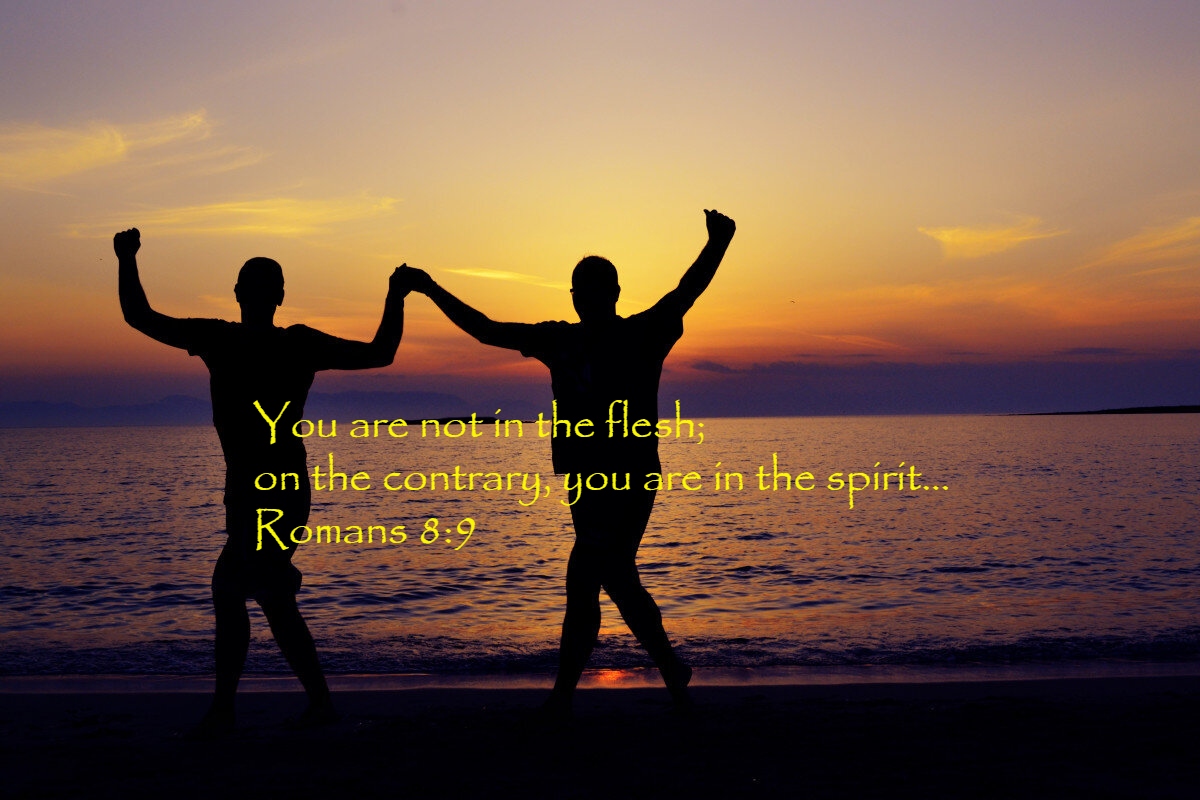
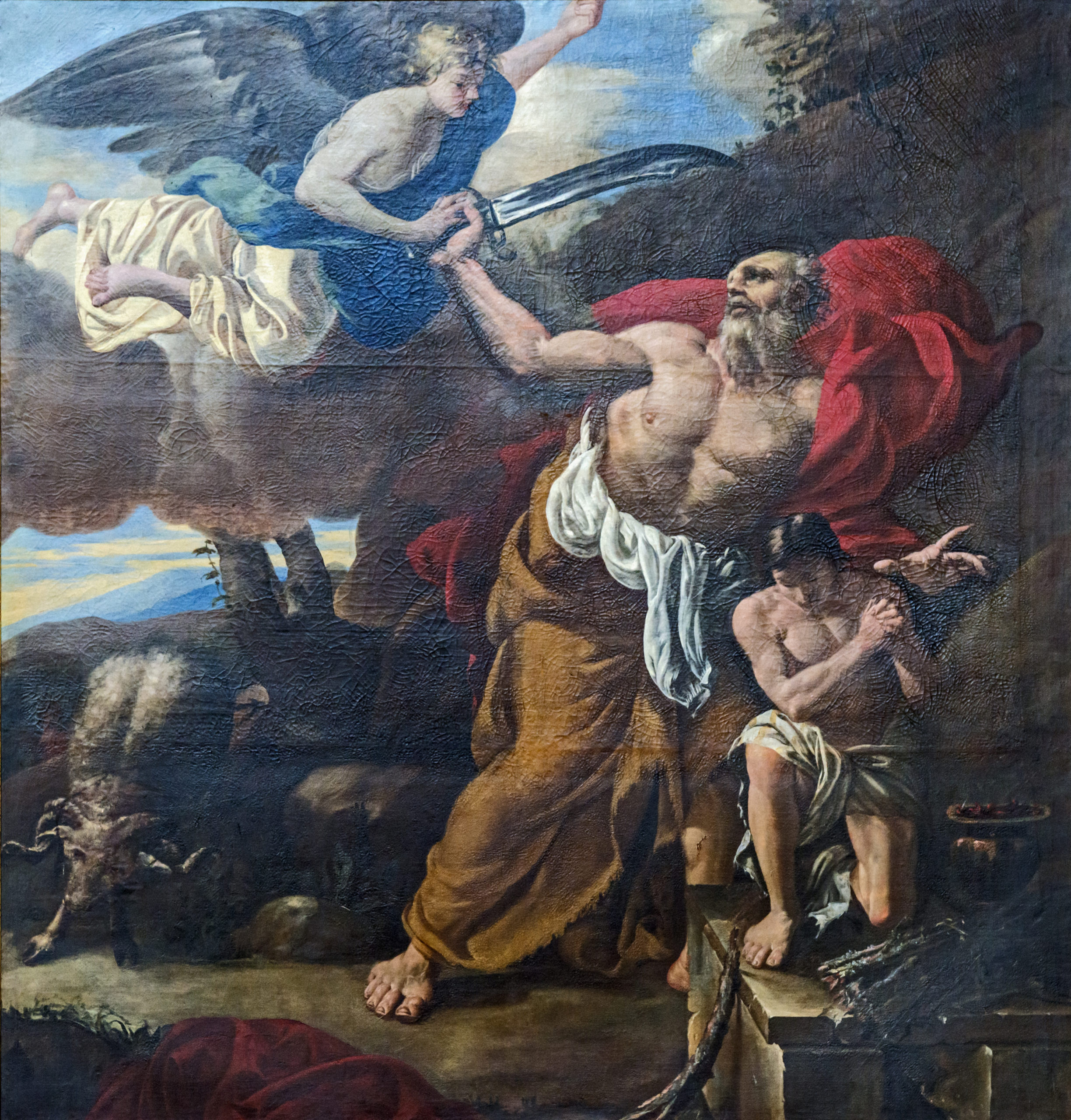
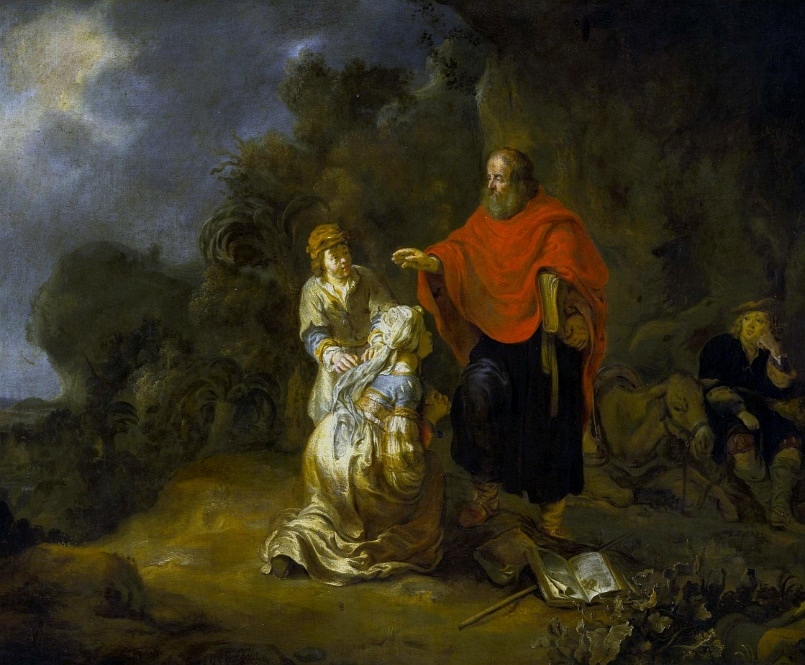
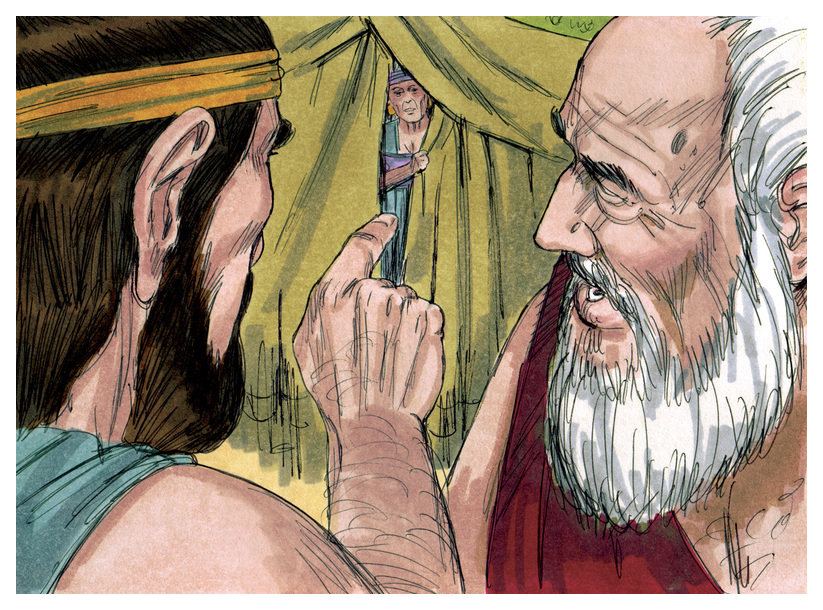
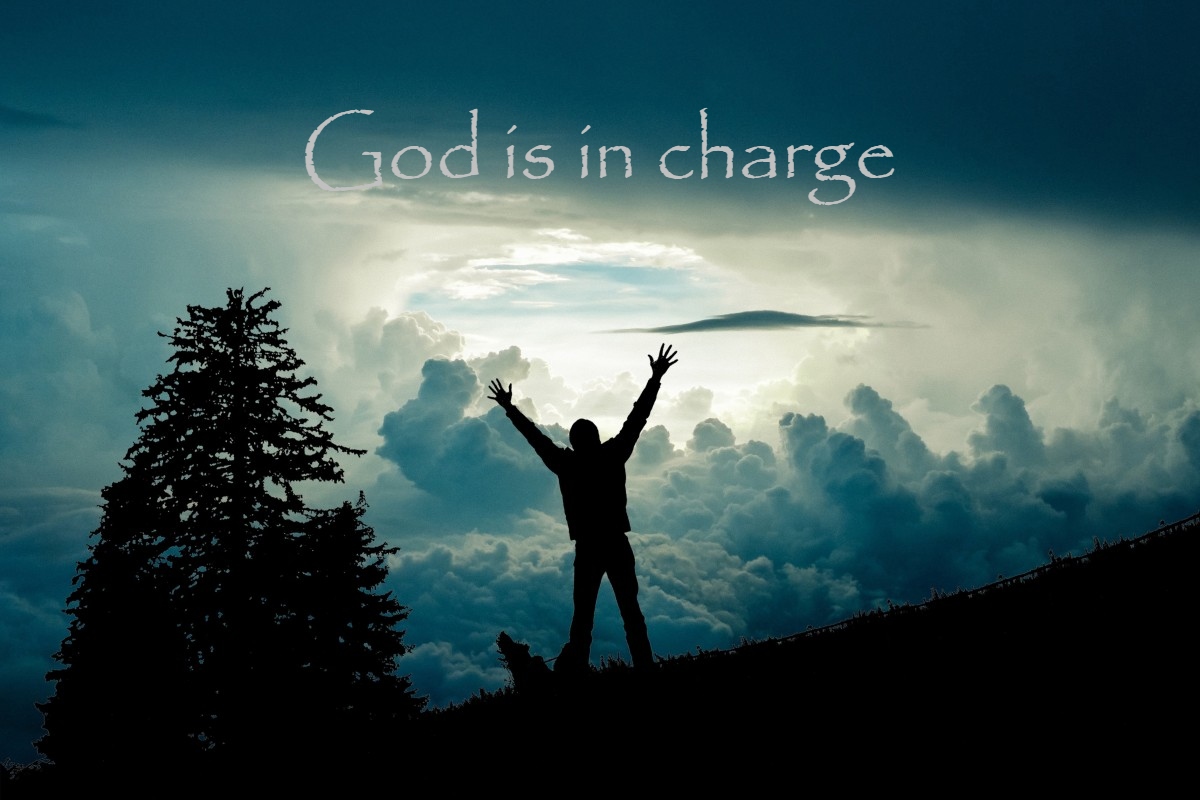




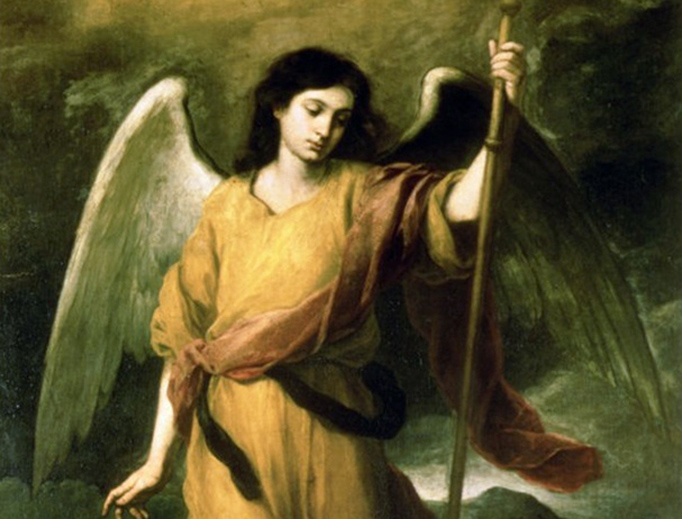
You must be logged in to post a comment.